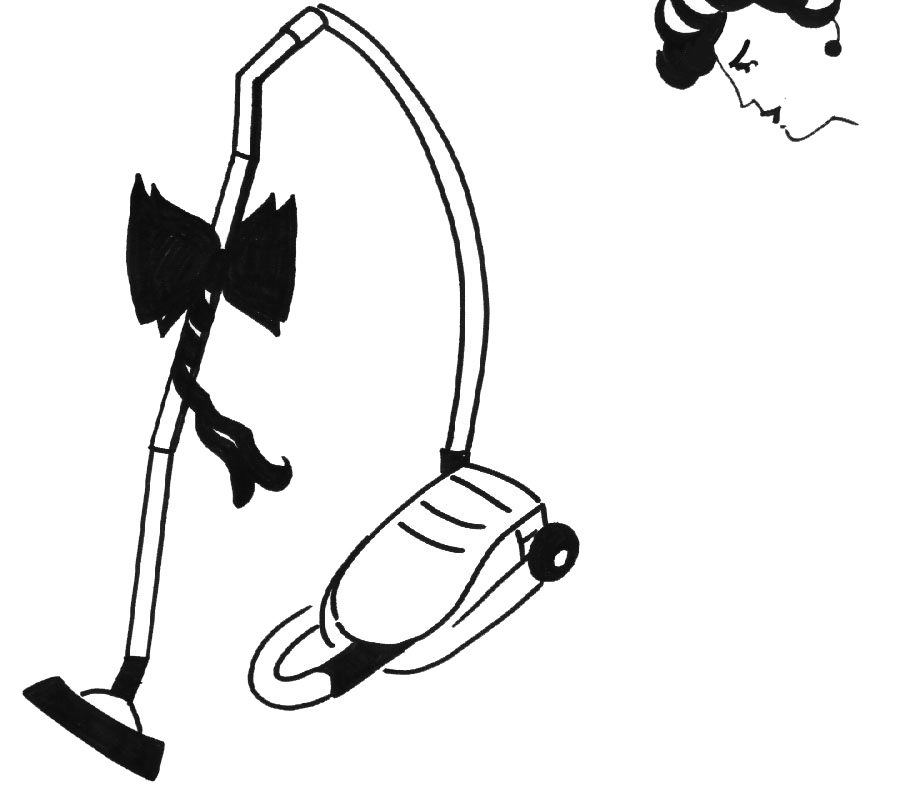One of the most important things we can do as ESL teachers is help our students crack the cultural code. Gift giving has a lot of unspoken rules which may seem inscrutable to newcomers. Unconvinced? See if you were aware of these cultural attitudes to gift giving in other cultures:
- In Japan, red cards are associated with death notices.
- In Saudi Arabia, perfume can only be given to a woman by another woman or a close relative.
- In Thailand and many other cultures, giving a knife signifies the intention to sever the relationship.
- In China, giving a clock symbolizes death.
- In Egypt, giving flowers is confined to funerals and weddings only.
- In Hindu culture, a gift made from leather or anything from a cow, which is considered sacred, would be inappropriate.
- In Indonesia, giving food may signify that you feel the recipient’s hospitality is lacking.
- In some cultures, giving an umbrella is thought to bring misfortune.
- In some cultures, giving a gift to your boss is expected.
- Gifts of towels and handkerchiefs are associated with funerals in many cultures.
- White flowers are associated with mourning in many cultures.
So, what about here? Is it just the thought that counts or do we also have unspoken rules about which gifts are considered appropriate?
Take a look at this picture below from Callan’s Holiday Jigsaws and Callan’s American Holiday Jigsaws. This mother does not look very happy about the gift she just received. Any idea why that might be?

Some mothers don’t like to be reminded of their assumed role as the family maid and prefer instead a more personal gift. Others might be pleased. Gift giving is not an exact science. It is as important to understand the recipient as it is the culture.
Generally speaking, in North America, it isn’t considered appropriate to give a gift to your boss, as it may be perceived as an attempted bribe. Gifts of clothing and perfume are generally considered highly personal gifts only appropriate for people who are closely related or in a romantic relationship. However, clothing below the elbow or knee, such as gloves or socks or tights, is often acceptable from anyone. Less personal gifts, such as wine or stationery, are often considered appropriate for people with whom you have a professional relationship.
The following discussion worksheet on this soft skill of culturally sensitive gift giving includes a clock, a knife, an umbrella, clothing, and perfume as a springboard to discussion on cross cultural differences. Geared to mid-beginner to upper intermediate, the discussion can be used in a class on intercultural competence, or in a Christmas unit. or business English class. Click on the image below to download.

Regarding question #2, another teacher and I each received a sexy bra and underwear set from a student in different years. Hers was from a male student and mine from a female student.
Let me know how the activity works in your class.
